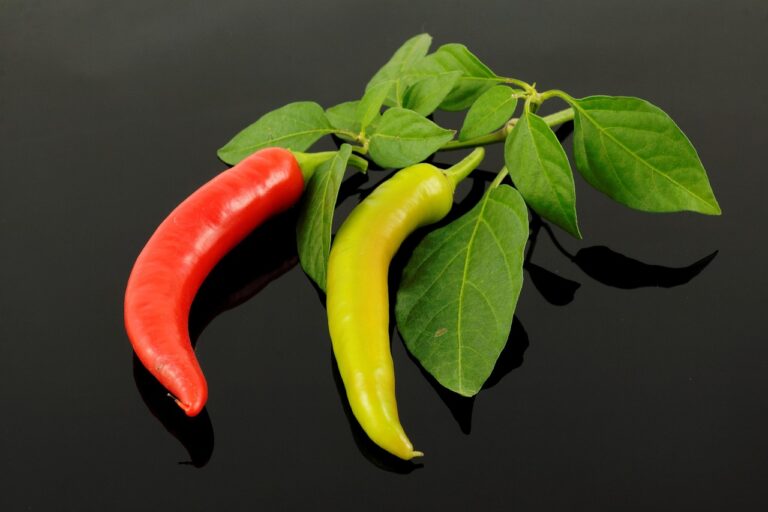The Future of Biofuels: Renewable Energy from Biological Sources: 11xplay online id, Anna reddy book, Golden7777.com admin
11xplay online id, anna reddy book, golden7777.com admin: The future of biofuels is bright, with renewable energy from biological sources emerging as a promising alternative to traditional fossil fuels. As the world seeks to reduce greenhouse gas emissions and combat climate change, biofuels offer a sustainable solution that can help meet our energy needs while reducing our carbon footprint.
Biofuels are derived from biomass, which can include plant materials, animal waste, and even algae. These sources of biofuels are renewable because they can be replenished through natural processes. Unlike fossil fuels, which are finite and contribute significantly to global warming, biofuels are a cleaner and more sustainable alternative.
One of the key benefits of biofuels is their ability to reduce greenhouse gas emissions. When burned, biofuels release carbon dioxide into the atmosphere, but this carbon dioxide is offset by the carbon dioxide that was absorbed by the plants during their growth. This means that biofuels are essentially carbon-neutral, making them a much more environmentally friendly option than traditional fossil fuels.
Furthermore, biofuels can help reduce our dependence on foreign oil and increase energy security. By producing biofuels locally, countries can reduce the need to import oil from unstable regions, thus enhancing their energy independence. This can also have economic benefits by creating jobs and stimulating local economies.
In recent years, there have been significant advancements in the production of biofuels. Scientists and researchers have been working to improve the efficiency of biofuel production processes, making them more cost-effective and sustainable. This has led to the development of new biofuel technologies, such as cellulosic ethanol and algae-based biofuels, which have the potential to revolutionize the biofuel industry.
However, there are still challenges that need to be addressed in order to fully realize the potential of biofuels. These include issues related to land use, water consumption, and competition with food crops. It is important to ensure that biofuel production is sustainable and does not have negative impacts on the environment or food security.
Despite these challenges, the future of biofuels looks promising. As technology continues to advance and new innovations are made, biofuels have the potential to play a significant role in reducing greenhouse gas emissions and combating climate change. By investing in biofuel research and development, we can create a more sustainable energy future for generations to come.
**FAQs**
1. What are the different types of biofuels?
– There are several types of biofuels, including biodiesel, ethanol, and biogas. These biofuels are derived from different sources, such as plant materials, animal waste, and algae.
2. Are biofuels really better for the environment than fossil fuels?
– Yes, biofuels are considered to be more environmentally friendly than fossil fuels because they are renewable and produce fewer greenhouse gas emissions when burned.
3. Can biofuels replace fossil fuels entirely?
– While biofuels have the potential to replace a portion of our fossil fuel consumption, it is unlikely that they will completely replace fossil fuels in the near future. It will require a combination of biofuels, renewable energy sources, and energy conservation efforts to transition away from fossil fuels.







